Known as a patriot, a revolutionary and a virtuous politician, Huynh Thuc Khang's most brilliant and inspiring legacy is in his journalism career where his pen was sharpened into a weapon to fight for the interests of the nation. Huynh Thuc Khang's name was also given to the first journalism school in our country.
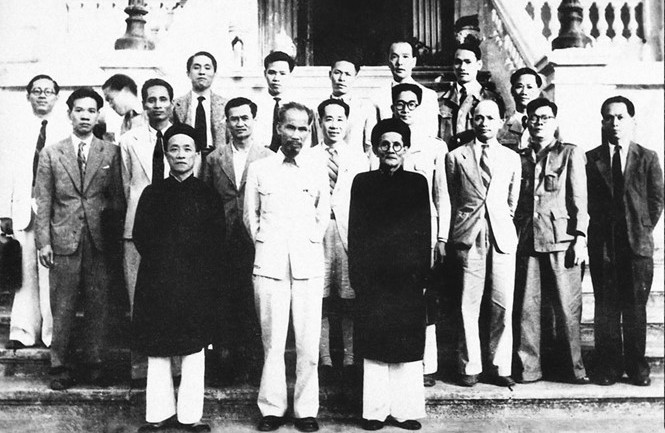
Giving up the royal crown and belt, choosing the path of patriotism
Huynh Thuc Khang (birth name Huynh Hanh), was born on October 1, 1876 in Thanh Binh village, Tien Giang Thuong commune, Ha Dong district, Thang Binh prefecture (now Thanh Binh village, Tien Canh commune, Tien Phuoc district, Quang Nam province ). His father was Huynh Van Phuong (nickname Tan Huu), a Confucian scholar who pursued a career in education but did not become famous. His mother was Nguyen Thi Tinh, from the same hometown, a virtuous and capable woman.
Huynh Thuc Khang was famous for his intelligence, good study and early high scores in exams. In 1900, Huynh Thuc Khang passed the Huong exam, in 1904, he passed the Hoi exam, becoming a famous person in Quang region at that time.
Not being greedy for power and position, after passing the doctoral exam, Huynh Thuc Khang did not become an official but instead taught, read many books and newspapers with new ideas, and nurtured the will to modernize the country. In 1905, Huynh Thuc Khang, along with Phan Chau Trinh and Tran Quy Cap, went to study the actual situation in the South, examined the people's situation and morale, promoted new learning and found like-minded friends. In 1906, he returned to Quang Nam to initiate and lead the Duy Tan movement (1906-1908).
Due to his participation in initiating the Duy Tan movement in Central Vietnam, which then developed into a vibrant struggle movement of the masses, including the anti-tax movement in 1908, Mr. Huynh was arrested by the French colonialists and exiled to Con Dao for 13 years (1908-1921).
In July 1926, Mr. Huynh Thuc Khang was elected as the President of the Central Vietnam House of Representatives. However, after seeing that the House of Representatives did not truly represent the voice and aspirations of the people, he resigned to focus on his career in journalism and literature.
The path of journalism, a "sharp weapon" for the nation
Mr. Huynh Thuc Khang started his journalism journey after a long period of political activities, including obtaining a Bachelor's and Doctorate, holding the position of President of the Central Vietnam House of Representatives and participating in the Duy Tan movement - but soon realized the value and power of journalism in the struggle for civil rights. In 1926, he and his colleagues such as Dao Duy Anh and Nguyen Xuong Thai prepared to publish the national language newspaper Tieng Dan in Hue, with a professional organization: studying the newspaper model in Saigon, building a strict editorial apparatus.
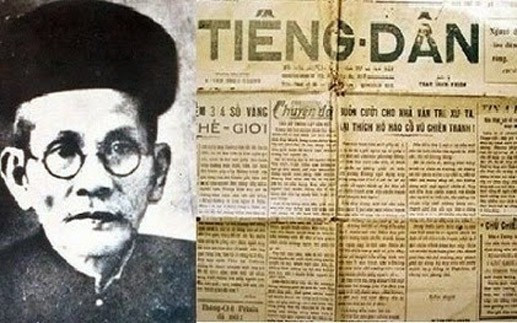
On August 10, 1927, the first issue of Tiếng Dân was released with a clear declaration: “If we do not have the right to say everything… then at least we have the right not to say what we are forced to say.”
He identified the press as a means of publicly fighting and protesting harsh policies, defending people's rights and national sovereignty.
Throughout his journalism career, Huynh Thuc Khang used many different pen names such as: Su Binh Tu, Uu Thoi Khach, Thuc Tu Dan, Dien Dan, Hai Au, Phi Bang... Each name was a flexible way to express his writing style and anonymity to cope with the strict control of the colonial government.
His writings not only exposed the harshness and absurdity of the feudal colonial regime, but also clearly demonstrated his sharp and clever critical thinking. Although he openly criticized social injustices and governing policies, he always chose his words carefully, making it difficult for opponents, even if they were not satisfied, to make accusations.
His profound knowledge and determined spirit are clearly shown in his writing style, which is both sharp and logical, and also shows a calm and indomitable spirit in the face of pressure from both the government and public opinion, imbued with the spirit of Quang Nam.
Tiếng Dân refuses to advertise falsely for fear of losing its reputation and reflecting on journalistic ethics, even though it may increase revenue, which proves its determination and not to deviate from its policies for profit. He considers the press to be the vanguard in politics, sometimes even more than military weapons, "a hundred thousand soldiers are not worth one newspaper".
During its 16 years of operation (1927–1943), publishing 1,766 issues, under the leadership of Editor-in-Chief Huynh Thuc Khang, Tieng Dan was the first and most steadfast national language newspaper in the Central region – becoming a forum reflecting social and political life, with a clear political voice.
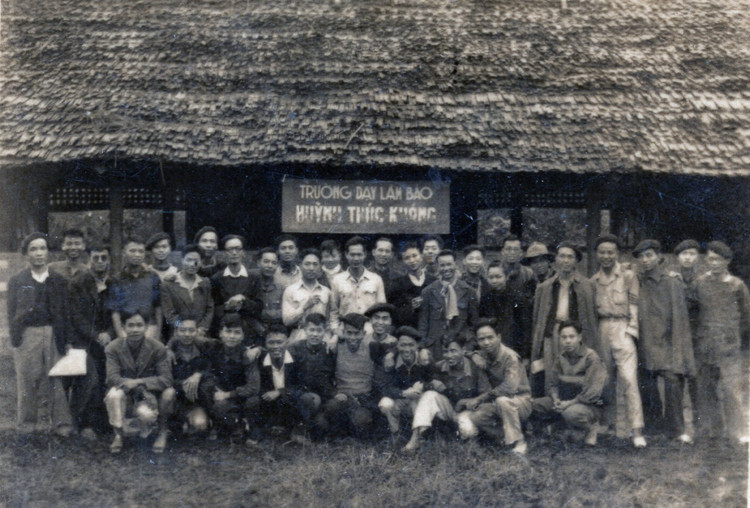
The newspaper persistently defended the rights of the disadvantaged, spoke up for the oppressed class, and became a sharp "political weapon" exposing the lies and injustice in the colonial ruling apparatus.
Through its strong articles, Tiếng Dân constantly reflects social reality with injustices of high taxes and oppression of the people, thereby making an important contribution to raising political awareness, arousing the fighting spirit and civic consciousness among the people. The newspaper not only plays a revolutionary role, but also contributes to building a modern press, with a standard editorial office, professional editing, and transparent dialogue with readers.
In 1937, he was elected President of the Vietnam Press Federation, affirming his leading position in the press community.
"A person of wide learning, strong will, and high morality"
After the August Revolution in 1945, President Ho Chi Minh respectfully invited Mr. Huynh to join the Government, holding the position of Minister of the Interior and then Acting President. Due to old age, poor health and serious illness, Mr. Huynh passed away in Quang Ngai province on April 21, 1947 and was buried at Nghia Hanh mountain, Quang Ngai province.
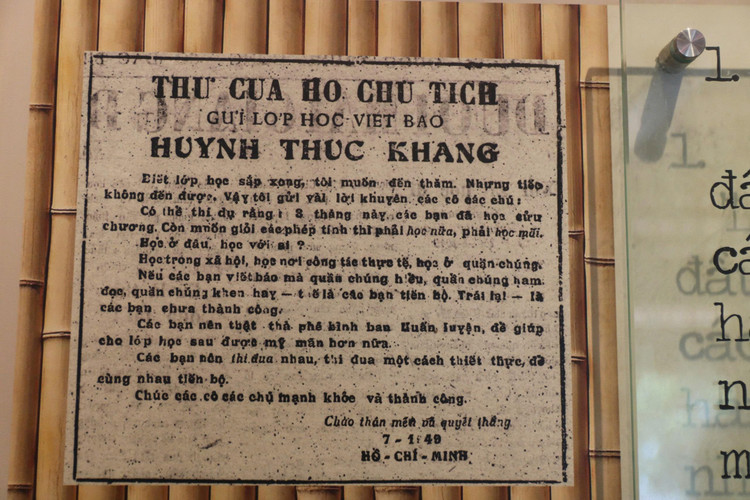
During the State Funeral of the former President of the Democratic Republic of Vietnam, the Funeral Committee solemnly read a letter from President Ho Chi Minh sent to Quang Ngai, affirming: “Mr. Huynh was a man of extensive education, with a strong will and high morality. Because of his patriotism, he was previously punished by the colonialists and exiled to Con Dao. Over ten years of hardship and suffering, his loyalty and love for his country and people not only did not falter but also became more determined. Mr. Huynh was a man whose heart was not swayed by wealth, poverty did not discourage him, and power did not falter. All his life, Mr. Huynh did not care about fame, did not seek benefits, and did not desire to become rich. All his life, Mr. Huynh only fought for the freedom of the people…”.
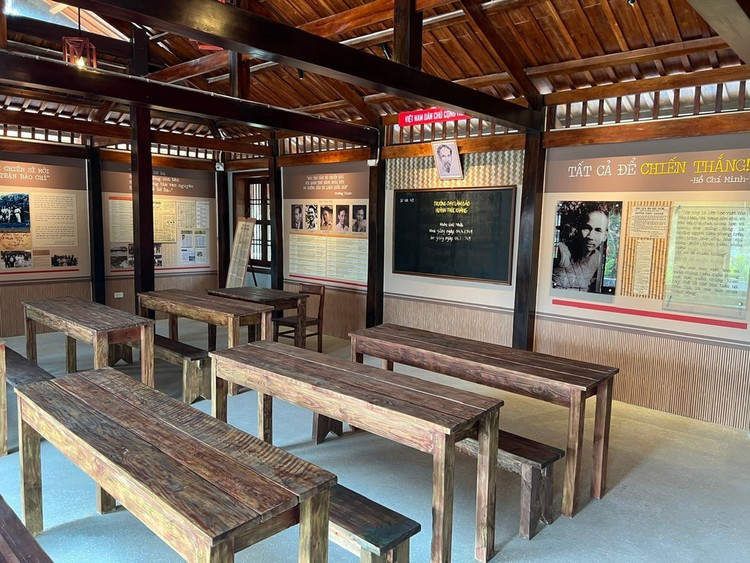
On April 4, 1949, in the ATK (Safe Zone) Viet Bac, Thai Nguyen, under the direction of Ho Chi Minh, the Viet Minh General Department and the Resistance Press Corps opened the "Huynh Thuc Khang Journalism School". The choice of the school's name was to honor the exemplary scholar-journalist, and was a spiritual lesson for the generation of resistance journalists.
The Board of Directors included Do Duc Duc (Director), Xuan Thuy (Deputy Director), Nhu Phong, Do Phon, Tu Mo. The lecturers were famous names: Truong Chinh, Vo Nguyen Giap, Hoang Quoc Viet, To Huu, Tran Huy Lieu, Nguyen Tuan, Nam Cao... The initial number of students was 42-43 people, who were political, military and press cadres sent from all over the country.
Although there was only one course lasting from April 4 to July 6, 1949 (about 3 months), the school trained 42 students who later became excellent revolutionary journalists, continuing to undertake important tasks at the press and propaganda agencies of the Party and State.
Source: https://khoahocdoisong.vn/huynh-thuc-khang-ngoi-but-sac-hon-tram-van-quan-post1549486.html






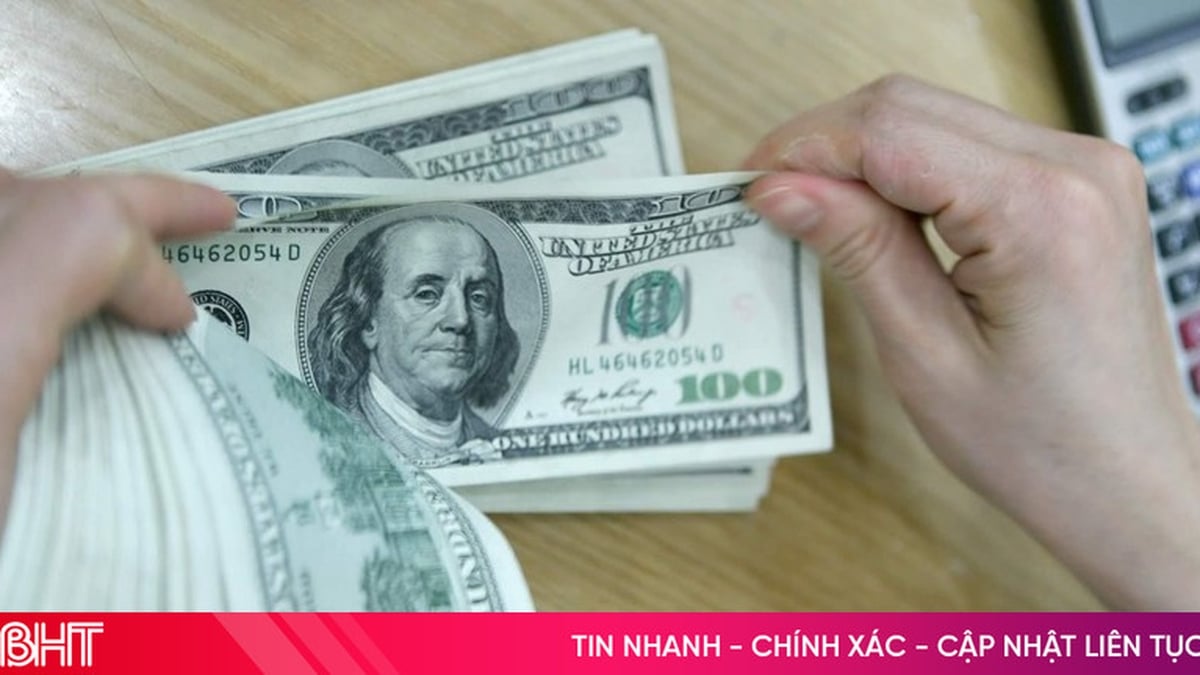
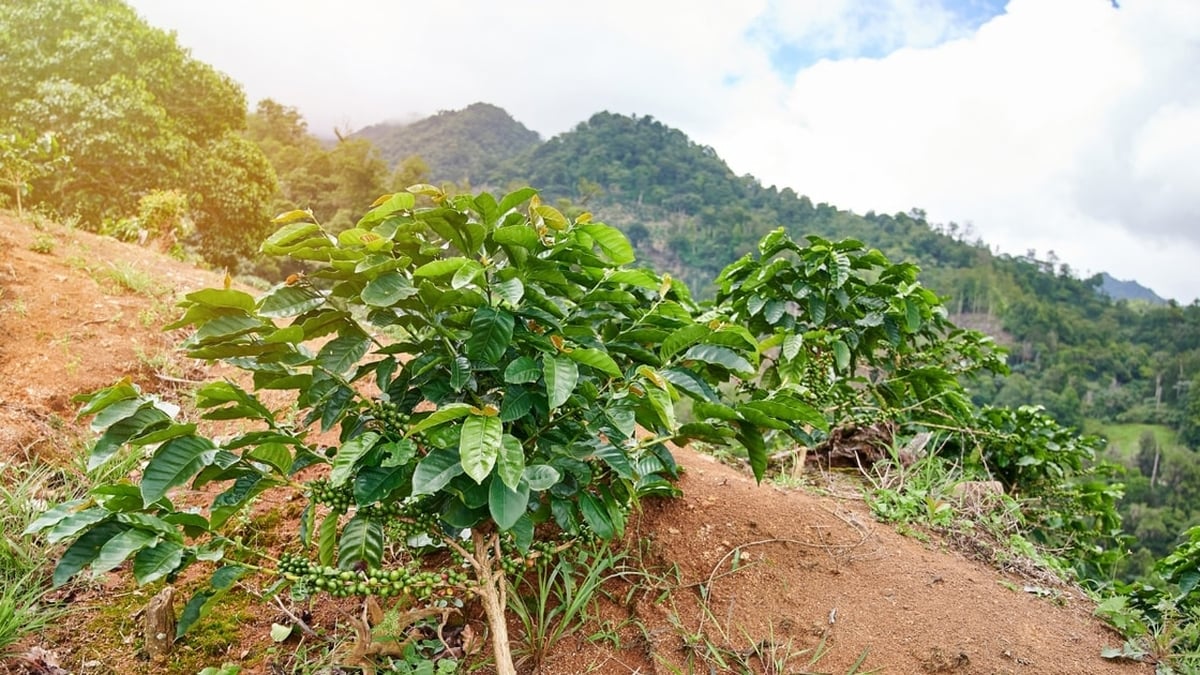
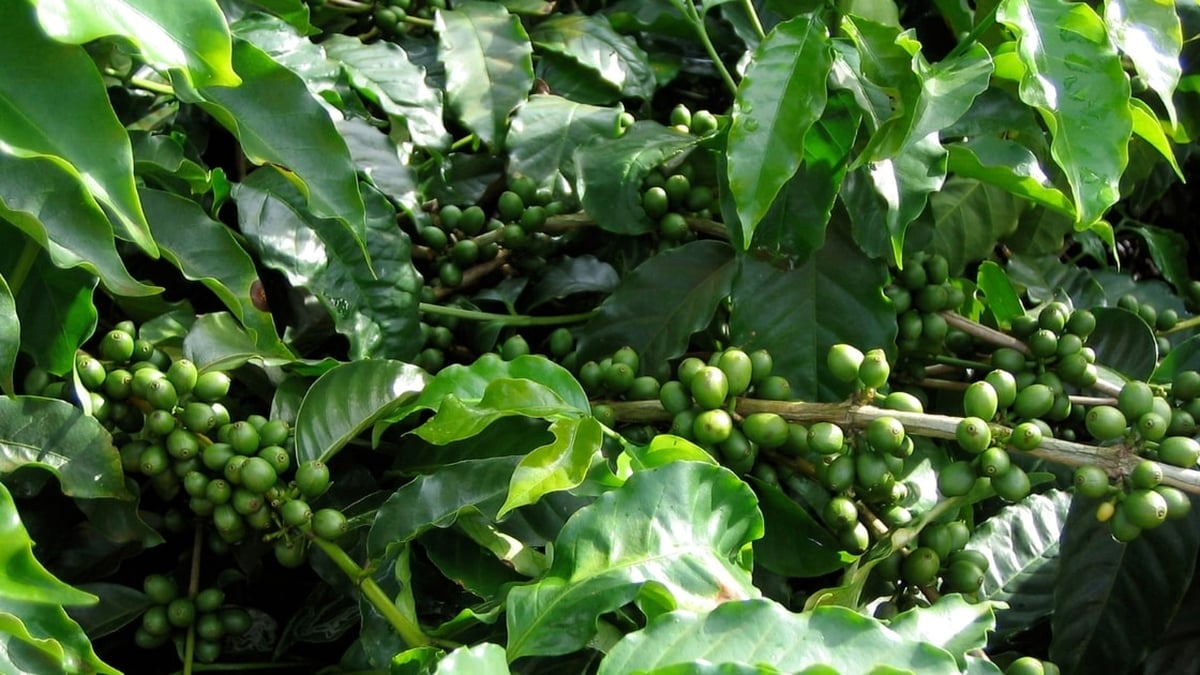

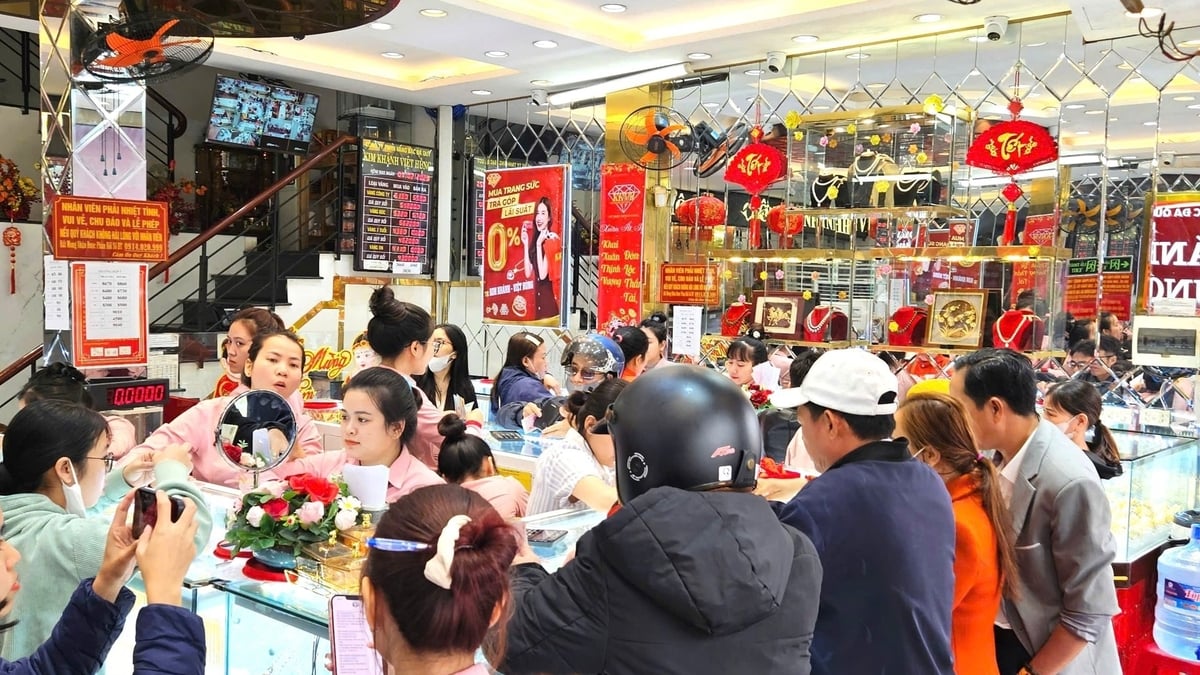
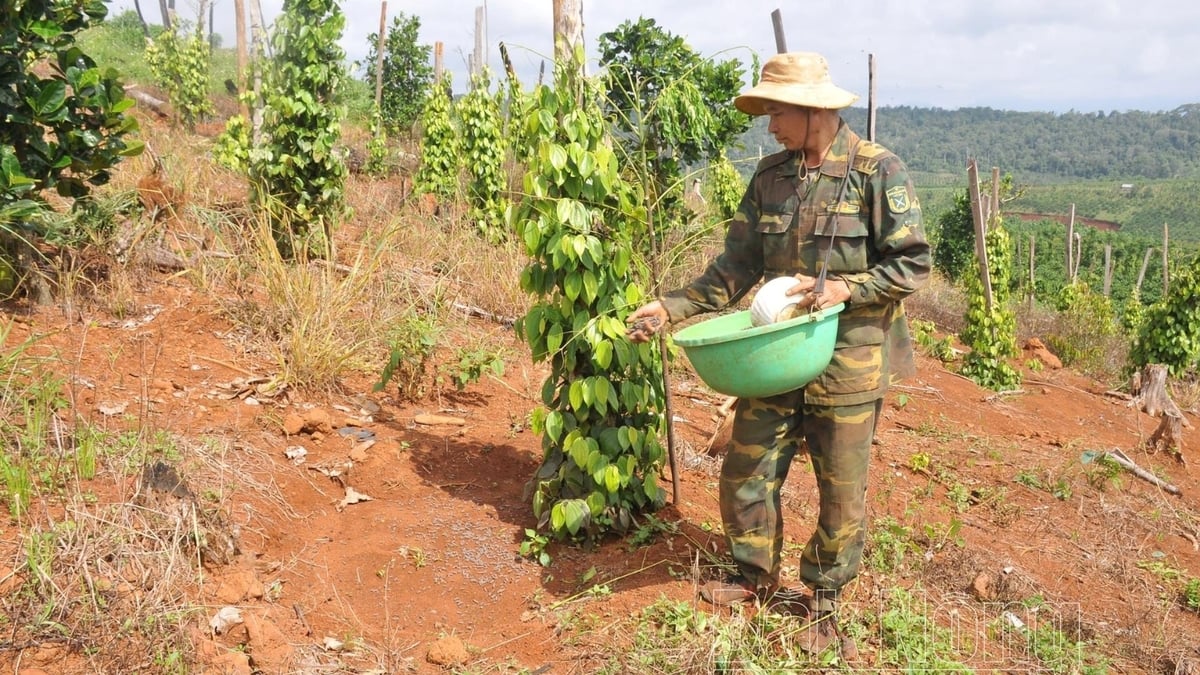














![[Photo] Gia Lai provincial leaders offer flowers at Uncle Ho's Monument with the ethnic groups of the Central Highlands](https://vphoto.vietnam.vn/thumb/1200x675/vietnam/resource/IMAGE/2025/7/9/196438801da24b3cb6158d0501984818)





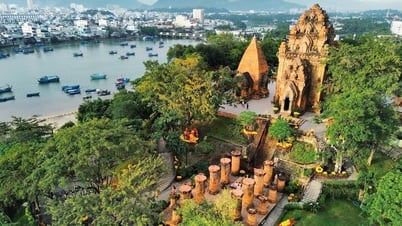



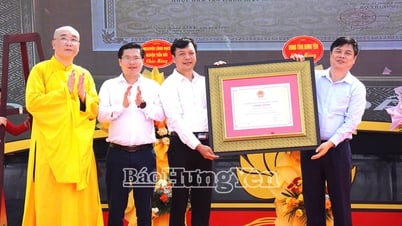



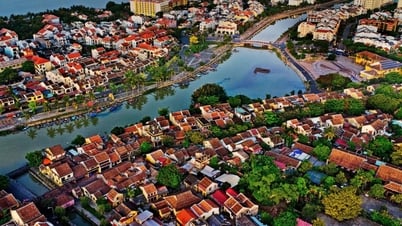



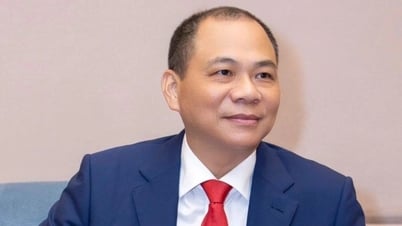

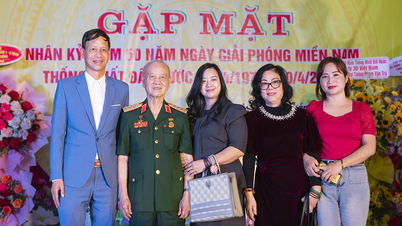

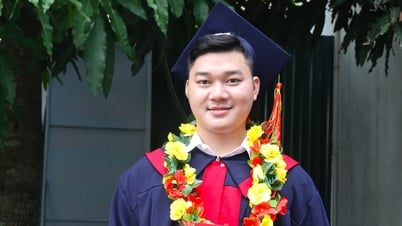

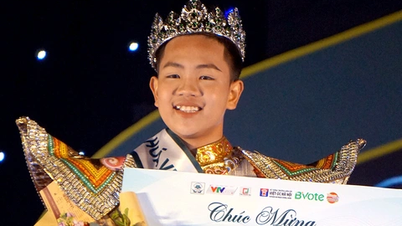
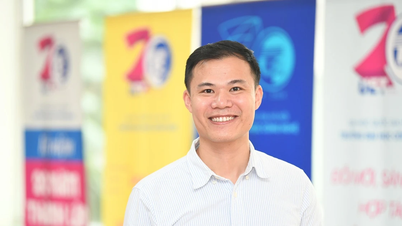
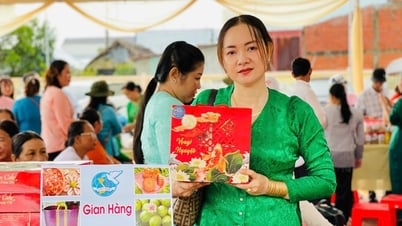





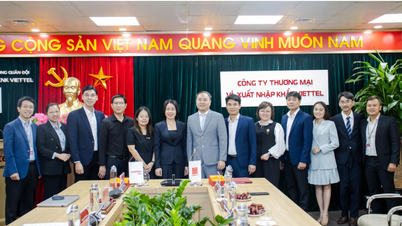
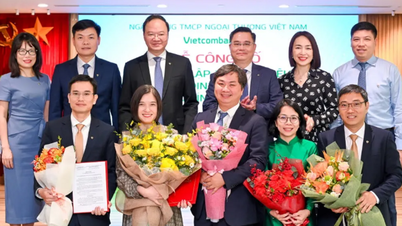

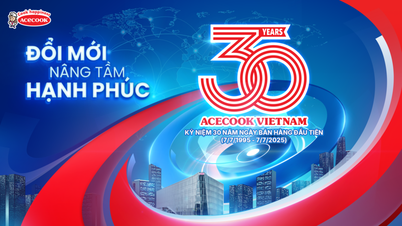



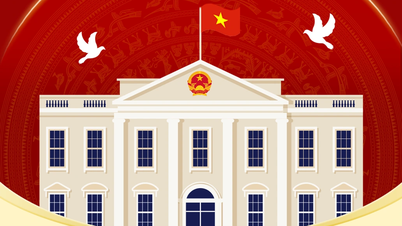
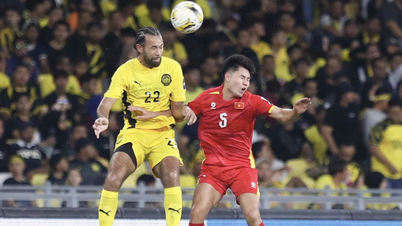
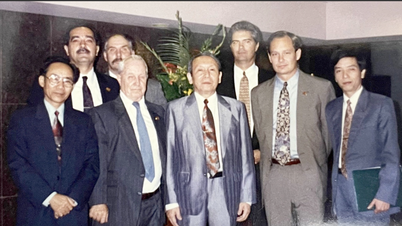


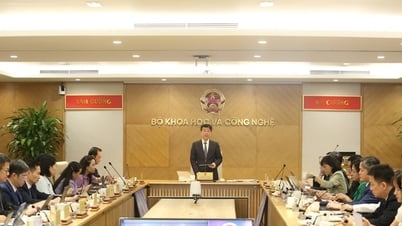

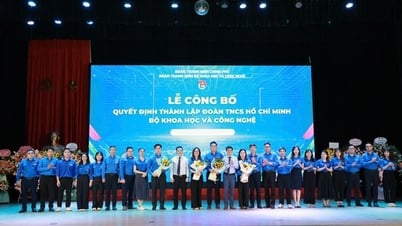
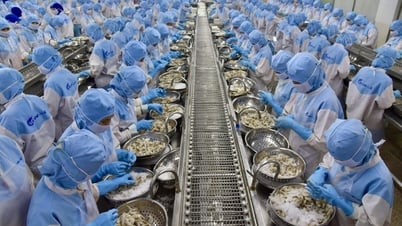

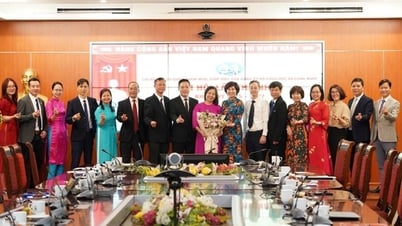
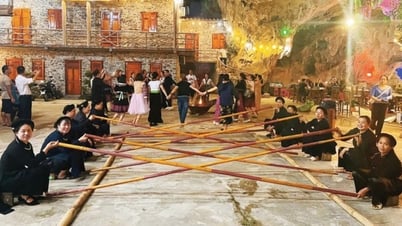

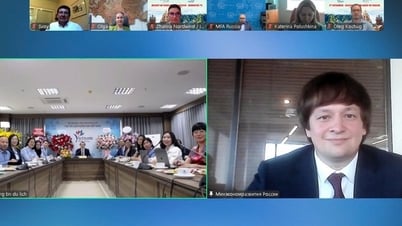





















Comment (0)